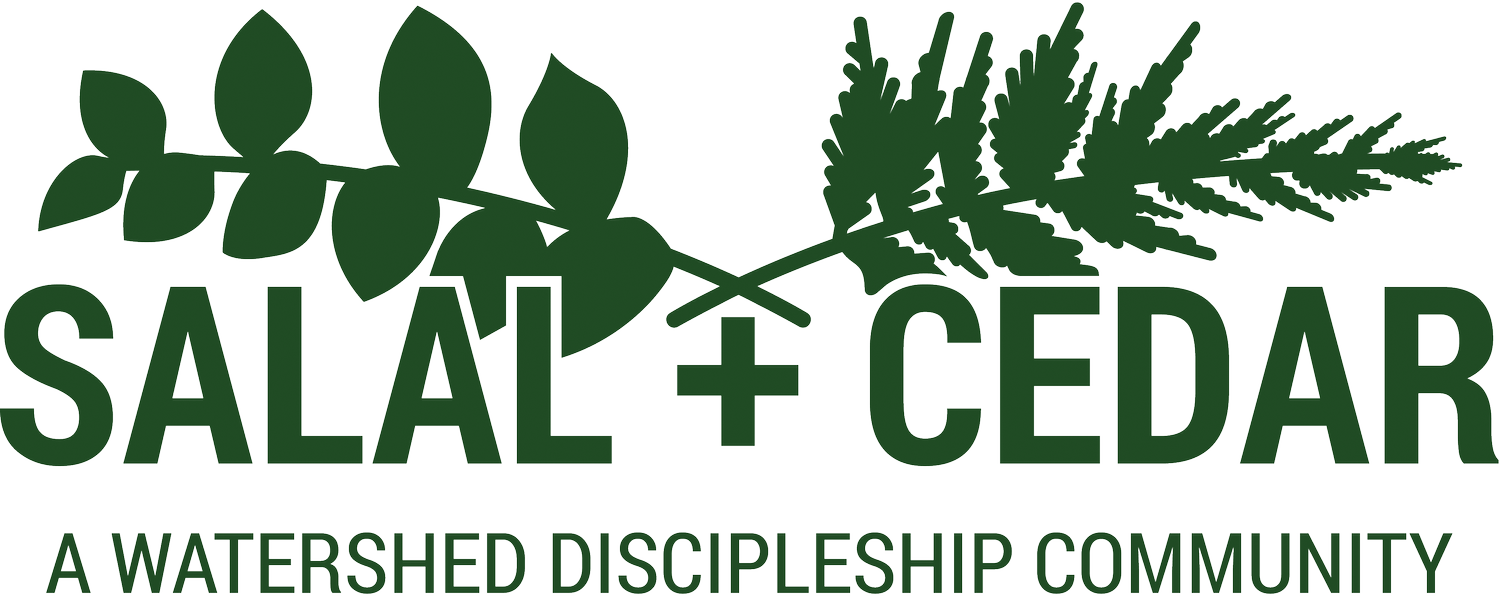Ask The Animals: a collective discernment tool
Background
This is a Christian spiritual practice for group discernment, it is a way of listening for the word of God in the creatures God has made. It builds on the work of William Stringfellow, Bill Wylie-Kellerman and Johanna Macy and from the bible: Job where God speaks through creation and invites us to be in awe of creation, Psalms where creature, plants, and even weather praise God, and the early chapters of Revelation where John of Patmos is given a message for different communities.
Instructions
A group that is discerning a particular question or direction together (eg. To begin a new ministry, to merge with another congregation, a focus for the coming year, or evaluation of a past project) begins by reviewing briefly what they know together. If it is unclear this is a time to name your group identity (eg. Congregation of St. Paul, Summer Camp Councillors, Food Bank Staff) and write this on the first blank of your worksheet. “To the spirit/angel of___________”
Someone reads aloud the two passages from scripture:
Reading 1
But ask the animals, and they will teach you;
the birds of the air, and they will tell you;
ask the plants of the earth, and they will teach you;
and the fish of the sea will declare to you. Job 12:7-8
Reading 2
‘To the angel of the church in Ephesus write: These are the words of him who holds the seven stars in his right hand, who walks among the seven golden lampstands:
‘I know your works, your toil and your patient endurance. I know that you cannot tolerate evildoers; you have tested those who claim to be apostles but are not, and have found them to be false. I also know that you are enduring patiently and bearing up for the sake of my name, and that you have not grown weary. But I have this against you, that you have abandoned the love you had at first. Remember then from what you have fallen; repent, and do the works you did at first. If not, I will
come to you and remove your lampstand from its place, unless you repent. Yet this is to your credit: you hate the works of the Nicolaitans, which I also hate. Let anyone who has an ear listen to what the Spirit is saying to the churches. To everyone who conquers, I will give permission to eat from the tree of life that is in the paradise of God. Revelation 2:1-7
The reading from Job reminds us that repeatedly in scripture God speaks to us in the created order. That Jesus himself went away from the crowds and the cities to connect with God in wilderness, on the water, and on mountain tops. As we practice deep listening in nature the second reading from Revelation as John speaks to the churches is the model of how we will record what we hear.
Each person take a worksheet and a pen and walk away from the group until you find a place that is inviting to you -a sunny spot, a comfortable place under a tree, somewhere that birds are singing or you notice a bright flower or leaf.
Sit in that place in silence for at least 5 minutes just noticing what is around you, paying attention to your senses: what do you see, feel, hear, smell and maybe even taste?
When you are ready ask for guidance: what is God saying to you in the creatures, plants of this place.
Notice who answers and what they say. Is it the wind, a squirrel, maybe it’s a piece of litter or the sound of children. For at least 5 minutes just pay attention. It might be boring or frustrating, you might feel like it is “not working” but keep coming back to your group’s question.
Get out your worksheet and begin to fill in the spaces, you do not have to write in order, you do not have to fill in every space but trust that a response will come and in each blank space, place your pen to the paper and gently scribble a bit to see if some words come. Take your time.
When you think you have finished, spend 5 more minutes in silence noticing, pondering your question, if more answers come write them down.
Spend a few moments giving thanks.
When you are ready, return to the group.
In small groups or all together share what you have written (you are free to pass but the intention is to pool what we have heard), how God has spoken to you in nature. Listen to each other, do not evaluate but notice if there are themes that are repeated, if someone’s words evoke a particular emotional response. Later the whole group can consider what they have heard together and make decisions about actions to take.
Group Discernment Worksheet included in PDF linked above.
